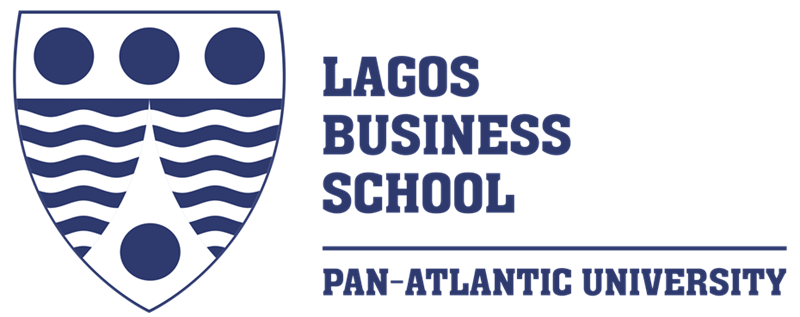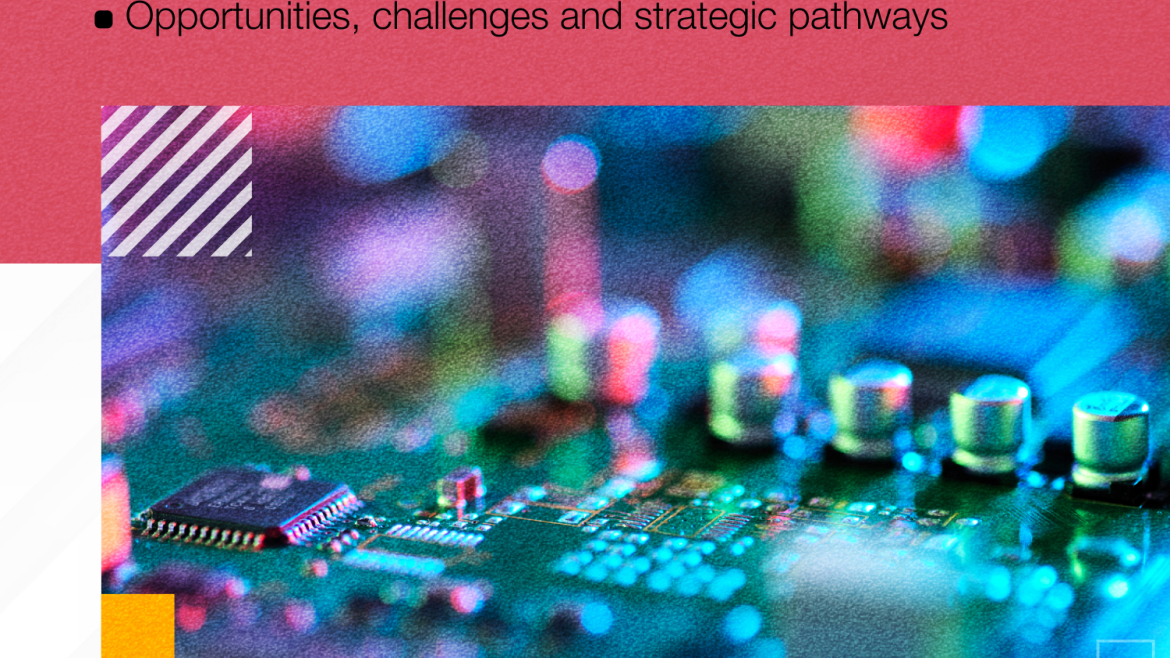Artificial Intelligence (AI) promises to transform the global economy, with a projected injection of $15.7 trillion by 2030. For Nigeria, this presents a pathway to unlock prosperity and enhance the lives of its citizens.
The opportunities are multifold. AI and its applications can aid the diversification of the Nigerian economy by optimising agriculture, boosting manufacturing efficiency, and fostering innovation across the services sector. In critical public services, AI can revolutionise healthcare diagnostics and support education delivery, while in finance, it can drive greater inclusion and bolster fraud detection.
These were some of the insights uncovered in the whitepaper titled “AI in Nigeria: Opportunities, Challenges and Strategic Pathways.” Commissioned by Microsoft and co-authored by Lagos Business School and PwC, the whitepaper explores the current state of AI in Nigeria, highlights key opportunities for adoption, and presents recommendations to accelerate its responsible and inclusive integration.
The whitepaper launch, held on Thursday, May 29, 2025, was part of a series of events during the AI Skills Week, hosted by Microsoft in Lagos. The launch also featured commentary and insights from leading industry experts, including Ola Williams, Managing Director, Microsoft Nigeria, and Raphael Yemitan, Associate Director, AI and data at PwC Nigeria.
Delivering a keynote during the whitepaper launch, Professor Olayinka David-West, dean and professor of Information Systems at Lagos Business School, stressed the necessity for ethical leadership and responsible systems. “AI is a mirror which amplifies our biases. If your training data excludes women or rural populations, your AI will reflect and perpetuate that exclusion. Understanding and mitigating this demands human intelligence,” she said.
Microsoft’s Ola Williams underscored AI’s potential to accelerate growth and its increasing adoption in Nigeria: “Although AI is still an emerging field with early-stage applications in Nigeria, global advancements and the growing recognition of AI’s transformative power have catalysed a shift in mindset across the country. Entrepreneurs, researchers, and policymakers are now exploring AI to address local needs and drive growth.”
Professor David-West also spoke about Lagos Business School’s efforts to advance an ethical and sustainable adoption of AI in Nigeria, including hosting skilling programmes for public sector leaders and launching the AI Collective to strengthen AI awareness and knowledge across research, media and advocacy. “Our commitment at Lagos Business School is to partner with government and industry not only in defining AI strategies and use cases, but also in building the analytical capabilities, ethical mindsets, and leadership competencies required to sustain Africa’s digital renaissance,” she said.
Key recommendations in the whitepaper to drive AI adoption include integrating AI skills into school curricula, enhancing strong AI governance and strengthening digital infrastructure.



